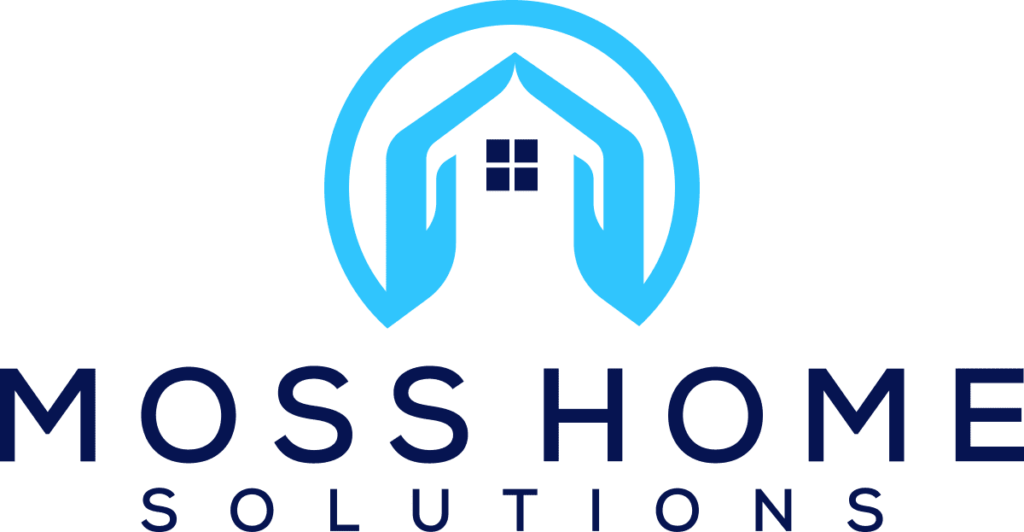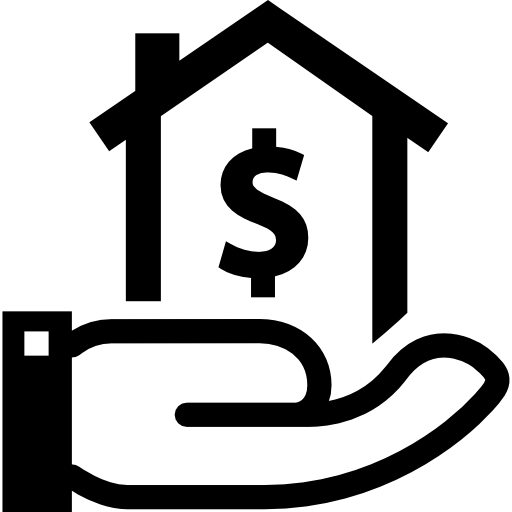Yes, you can sell a house with a reverse mortgage – and it might be simpler than you think.
Whether you’re downsizing, relocating, or just ready for a change, understanding the steps and costs puts you in control.
We’ll break it all down and arm you with a few expert tips on exactly what you need to know about turning your reverse-mortgage home into cash.
Key Summary
- Selling a house with a reverse mortgage is possible, but needs specific steps and planning.
- Loan repayment is the first priority; sale proceeds go toward clearing the mortgage balance.
- Real estate commissions and closing costs add extra expenses.
- If the sale price exceeds the loan balance, the excess is yours or your heirs’.
How Reverse Mortgage Works
A reverse mortgage allows homeowners aged 62 or older to borrow against the equity in their home. The loan is repaid when the homeowner moves out of the house, sells it, or passes away.
Unlike traditional mortgages, you don’t make monthly payments. Instead, the loan balance increases over time as interest and fees accumulate.
While you don’t have to worry about monthly payments, naturally the loan must be repaid. And this money is due when the house is sold.
How To Sell a House With a Reverse Mortgage
Selling a house with a reverse mortgage is possible, but it’s a bit more complicated than a regular sale.
With a reverse mortgage, you retain title to the property and are free to sell it anytime you want.
However, the reverse mortgage loan is due when you sell, so be sure your home’s current value (or your savings account balance) is high enough to pay off the loan and cover the closing costs.
Here are the steps to follow:
1. Contact Your Lender
The first step is contacting your lender. This might seem obvious, but many homeowners forget that the lender needs to be informed before listing the property.
Get a pay-off quote outlining the total amount owed on the loan, including any interest, fees, and penalties.
Once you sell the house, you use the proceeds to pay off the reverse mortgage.
2. Consult Professionals
Selling a house with a reverse mortgage can be tricky, so it’s best to consult professionals like a realtor or attorney.
A real estate agent familiar with the reverse mortgage process can help you navigate the sale, and an attorney can ensure you understand your legal obligations and rights.
In some cases, the loan terms may include specific steps or restrictions. These are important to understand before moving forward.
3. Prepare Your Home for Sale
Prepare to sell your home just like any other property. This includes repairing damage, cleaning, and setting a fair market price.
Remember, the sale price may not cover the reverse mortgage balance. If your home’s value isn’t high enough to repay the loan, you must make up the difference.
4. List and Sell the Property
Once the home is ready, it’s time to list your property. How fast you sell it depends on local market conditions.
The key is pricing your home accurately. You can work with a real estate agent or reach out to a cash buyer for a fast sale.
5. Settle the Loan
After selling your house the proceeds are used to pay off your reverse mortgage. If the sale price exceeds the loan balance, the remaining funds go to you or your heirs.
However, if the sale price is less than the amount owed, the lender will typically forgive the difference as long as the house is sold at market value.
This is known as a “non-recourse loan” — you won’t owe more than the home’s sale price.
Costs of Selling A House With a Reverse Mortgage
Selling a home with a reverse mortgage doesn’t come without its costs. Here’s a breakdown of what you’ll need to budget for:
Loan Repayment
First, your reverse mortgage must be repaid in full. This includes the principal loan amount and any accrued interest and fees.
Real Estate Transaction Fees
As with any home sale, there are real estate agent commissions, closing costs, and other related expenses.
These can range from 5% to 8% of the sale price. Factor this into your plans when pricing the home.
Potential Penalties
Some reverse mortgages come with early repayment penalties.
Make sure to check the terms of your loan to see if there are any penalties for paying off the loan early.
| Cost | Description | Included In Sale Price? |
|---|---|---|
| Reverse Mortgage Repayment | Loan balance, interest, and fees | ✔️ |
| Real Estate Agent Commission | Standard fee for selling the home (usually 5-6%) | ❌ |
| Closing Costs | Title insurance, inspections, and transfer taxes | ❌ |
| Penalties | Early repayment penalties, if applicable | ❌ |
What Happens After Selling?
First, the sale proceeds go directly to repay the reverse mortgage. If there is any money left over after the loan is paid, that’s yours to keep.
If the house sells for less than the amount owed on the loan, the lender typically absorbs the loss.
This is a key feature of reverse mortgages – they are non-recourse loans. That means you or your heirs won’t be held responsible for any deficiency.
This is why it’s important to understand the home’s market value before listing it.
ℹ️ Pro Tip! If the home was your primary residence for at least two of the past five years, you may be eligible for a capital gains tax exclusion.
Frequently Asked Questions
What happens if you inherit a house with a reverse mortgage?
When you inherit a home with a reverse mortgage, you must repay the loan. You can sell the property to pay off the loan or refinance it. If the home is sold for more than the loan balance, you’ll receive the remaining funds. If it’s sold for less, the lender will typically forgive the remaining debt.
Are heirs responsible for reverse mortgage debt?
Generally, heirs are not responsible for the reverse mortgage debt unless they keep the home. If they want to keep it, they need to pay off the reverse mortgage, either by selling the house or refinancing the loan.
What happens if my house sells for less than the reverse mortgage balance?
If the sale price is less than the reverse mortgage balance, the lender will absorb the loss. Reverse mortgages are non-recourse loans, which means neither you nor your heirs will be responsible for paying the difference.
Conclusion
Selling a house with a reverse mortgage doesn’t have to be a hassle.
By following the right steps, from contacting your lender to settling the loan, you can make the process smooth and straightforward. Understanding costs like loan repayment, agent commissions, and potential penalties ensures you’re prepared.
Plus, if the sale price exceeds the loan balance, the leftover funds are yours to keep.
Ready to sell your house quickly and hassle-free? Get in touch with us for a quick cash offer that could be more than you expected.





